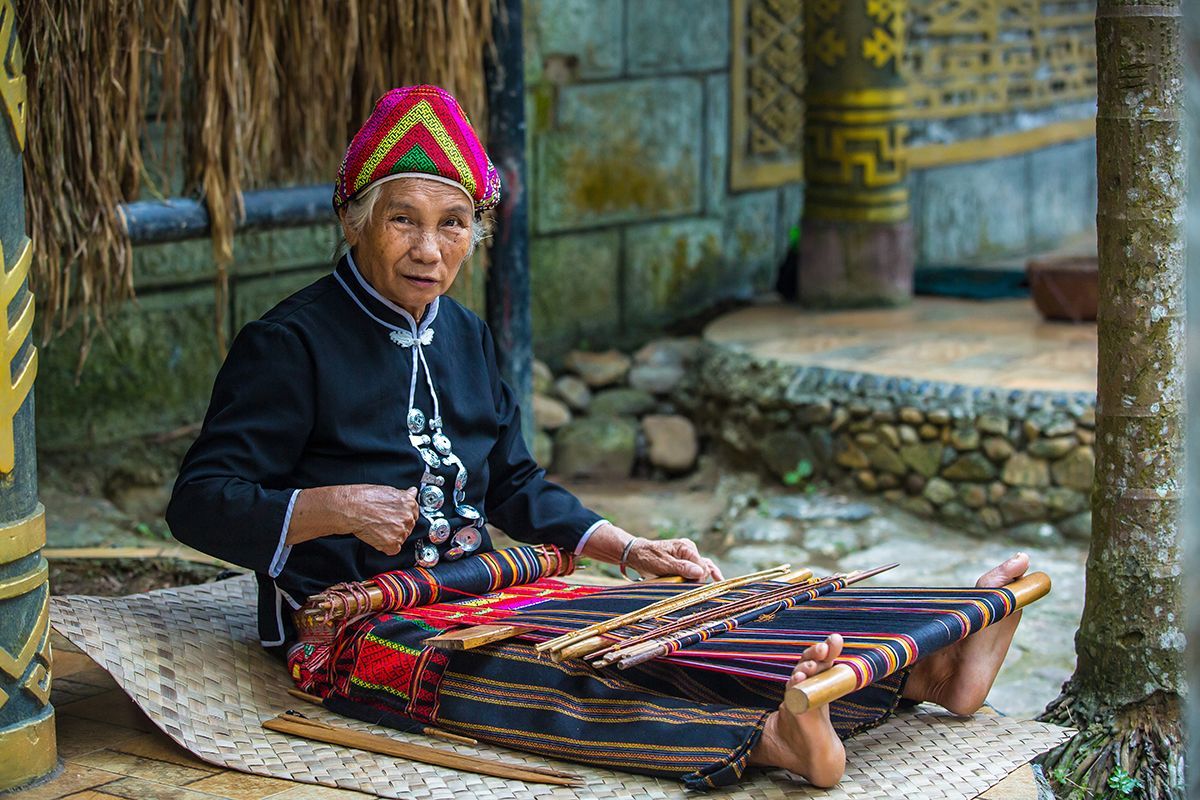© This article is an extract from Paul Hattaway's epic 656-page China’s Book of Martyrs, which profiles more than 1,000 Christian martyrs in China since AD 845, accompanied by over 500 photos. You can order this or many other China books and e-books here.
1938 - André Martin
January 8, 1938
Nanning, Guangxi
Carnage after a Japanese air raid.
André Nicolas Martin was born in the French town of Graffigny-Chemin on December 6, 1911. The Martin family was hard-working and honest. André’s father, Robert, was a tailor by trade. He had desired to become a missionary as a younger man, but frail health resulted in him abandoning the idea. He died in 1915, leaving André fatherless at the age of just three. His mother did not allow despondency to get the better of her, and she raised her three children with all her strength.
In April 1919 the seven-year-old André had his first Communion in the Catholic church. Despite his youth he told the priest he felt a definite call to God’s service, and was preparing to enter the minor seminary in 1924 when his mother suddenly passed away. This was a blow to the young man, but he pressed on in his calling to serve God.
André Martin entered the seminary of the Missions Etrangères de Paris in 1931, graduating five years later. During this time he proved himself academically excellent and spiritually mature. One of his teachers described André as possessing “above average intelligence, serious and kind, pious, honest, and devoted.”[1] He departed Europe for the south China province of Guangxi in September 1936, arriving in Nanning two months later.
After settling into his new home, Martin began studying the Cantonese language, expecting to be an evangelist to the Chinese and Zhuang people. The leader of the mission, Mgr. Albouy, however, soon discerned the academic gifts in Martin and wished to make him a fulltime professor in the Nanning Seminary. For 13-months he fulfilled this role, and came to be respected by the students as a wise and godly teacher. Although he enjoyed his position, Martin’s heart yearned to travel around the countryside preaching the gospel to unbelievers. He envied the missionaries who had the freedom to do this. During the Christmas and New Year holidays he decided to visit various mission stations around Guangxi.
The late 1930s was a dreadful time of death and destruction in many parts of China due to the Japanese invasion and the rise of the Communists. In the morning of January 8, 1938, a swarm of Japanese fighter planes bombed Nanning from their base in Guangdong Province. That evening Martin was supervising an evening class for the students when the air-raid sirens again sounded. Everyone rushed into the classrooms and hid under their desks, but this time
“A shrill whistle, followed by two enormous detonations, resounded. A bomb fell close to the caretaker’s cabin while another destroyed a house next to the seminary. Martin was about 10 metres from the first bomb when it detonated. A colleague found him laying on his back with his eyes closed, breathing painfully…. Fifteen minutes later he breathed his last, the only apparent wound being a small incision on the right side of his throat where a fragment of shrapnel had pierced.”[2]
The Catholics in Nanning were surprised that the mission had been bombed as the Japanese were normally careful not to target places where foreigners lived or religious institutions. The plane that dropped the deadly missiles had flown low over the mission several times before releasing its load, leading many to believe the attack was deliberate. André Martin was just 27-years-old.

1. My translation of the André Martin Obituary in the Archives des Missions Etrangères de Paris, China Biographies and Obituaries, 1900-1999.
2. André Martin Obituary in the Archives des Missions Etrangères de Paris.




